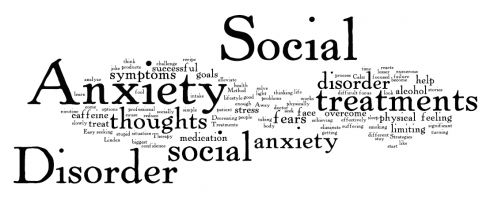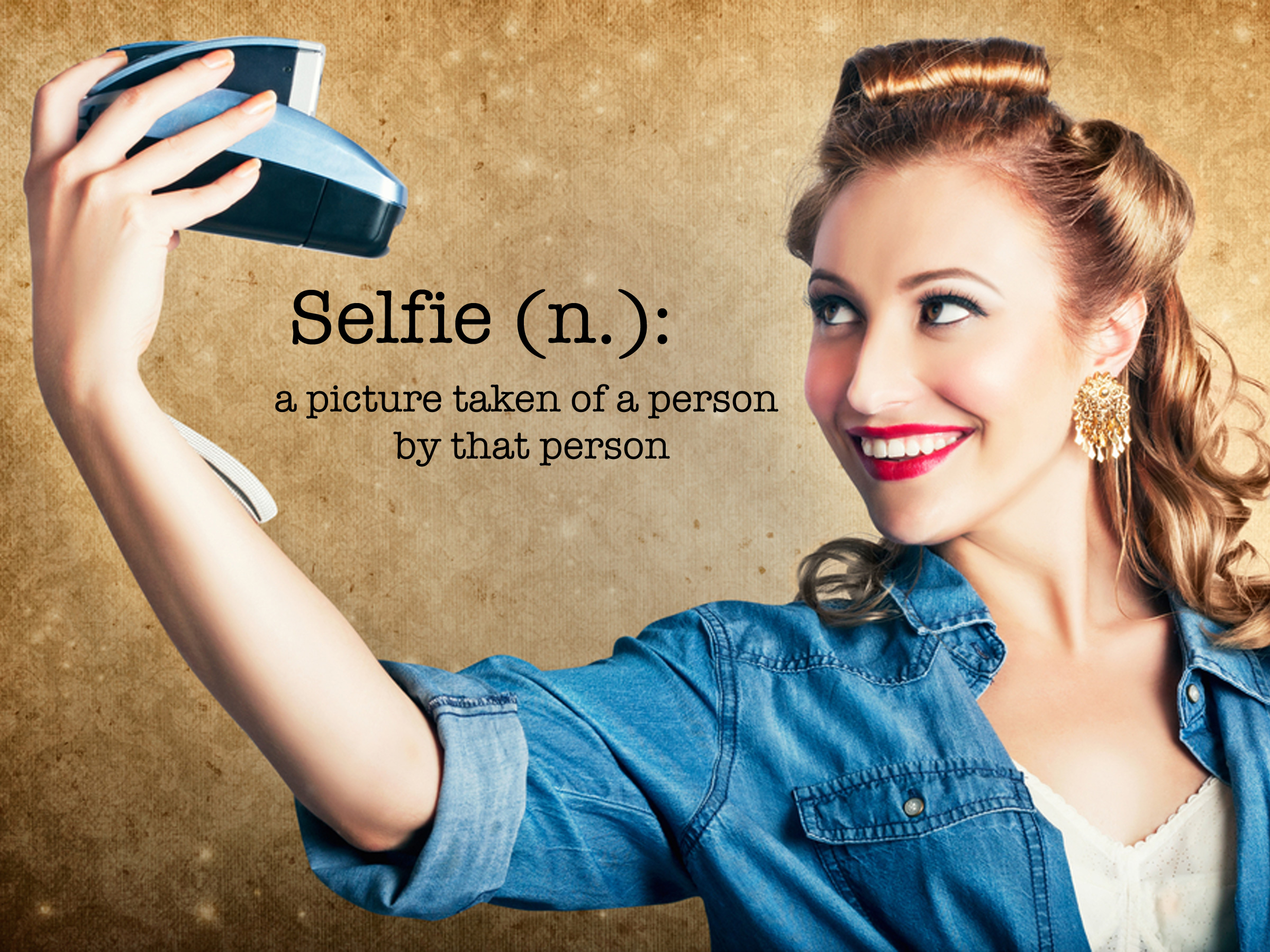Yesterday I
was playing soccer with a group of my friends at North Central College.
Although, I knew most of the people there were several ones I’ve met for the
first time and so did many others in our group. We had a great time playing and
all of us went to have a dinner together after the game. In a little while as everyone
sat around a long table, ate and chatted all of us started to add each other to
our Facebook friend’s lists. As everyone was handing their phone to the once
they met for the first time book It’s
Complicated by Dana Boyd immediately came up in my head. The author brought
the idea of teenagers desperately wanting to be connected to likeminded people
and stay social/public by using social networking. Indeed, we all decided to
friend each other on Facebook and create our own group so that we can all
communicate about the next time we going to play soccer together. I think using social networks to connect with
people in order to meet with them in real life is actually very valuable and
convenient. It all took us no longer than ten minutes to create a social
network connection via Facebook and it hopefully will lead to many more hours
of fun playing soccer outside in the near future. People also posted pictures
that were taken on the soccer field right there at the table which gave a good
source of conversations and jokes among our group. I was really pleased to see
Facebook being used for a good cause, although I know sometimes it’s a big
distraction and source of many problems for students. I think as long as you
don’t abuse use of Facebook and don’t take it too seriously Facebook won’t hurt
anyone. Meaning that if you strictly use social networks for the purpose of
communicating with people that otherwise it would be hard to communicate with
in order to actually stay in touch and make a plan for meeting in real life,
then social networks will only help you to manage your time, activities and
connections to other people not hurting your social life outside of the
web.
Tuesday, May 27, 2014
Tuesday, May 13, 2014
Got News?
Why do
we trust what is being said on TV news? Well, there are huge TV channels out
there where a lot of people work towards conveying message about what is
happening in a country and the entire world. We trust people in the news
because they seem very knowledgeable and trustworthy about the content they are
talking about plus they support their announcements by broadcasting events’
videos and interviewing people participating in the event. However, there is an
issue with what we see on the television today. I have an opportunity to see
news from two different countries in their original language; the issue I’ve
noticed is that news about the same events in the world maybe be told very
differently in different countries. By cropping out some parts from a video that
has been taken and finding people that will give needed information/opinion
news channels’ reporters from all round the world manage to show an issue in the
unique perspective. Some people may argue that this is randomness explained by
differences in cultures. I think, this is strictly has to deal with politics
and how it affects news in order to give people a certain understanding of the
issue and making its own propaganda. News being told on television has a huge
influence on people’s opinion and attitudes. However, I think today as people
become more educated and curious, they start to wonder and want to know more
about the world rather than to be content with what major TV channels give
them. This could be a reason why people today go on different social media
channels such as YouTube where people from all around the world are able to put
their content to show the real situation in their country.
Sunday, May 11, 2014
Got to help the victim first.
“I have nobody…I need someone” -Amanda Todd;
these words, in my opinion, are the key to a problem solution of the cyber-bullying.
Danah Boyd argues that too much of publicity about the cyber bullying and regulations
made in order to stop offenders and on-line predators do more harm than good
for victims of online bullying. Although, certain actions must be done to stop
cyber-bullying, I share Boyd’s opinion on that issue. I think that any drama
involving teenagers must be solved in a very delicate way with as little publicity
as possible. Public regulations such as “zero tolerance” policy deal with cyber
bullying in a very broad manner excluding all of the unique nuances of the
issue. Punishment of offenders will stop an offender, but it might not necessarily
help the victim. In the example of Amanda Todd’s situation she was doing mistakes
and bad decisions on her own that made people to turn away from her very
quickly. If school where Amanda studied before she committed suicide was to
punish all of the fifty students that were bullying poor fifteen year-old that
could make the situation worth. Punishment of significant amount of students because
of one person that no one cares about may arouse even larger student body
hatred towards the victim. My solution to this problem is working with students
and their parent individually. Students that are being bullied have to be
assisted first. The key thing is to provide support for the victim and ensure
that he or she doesn’t feel all alone facing the rough problems caused by cyber
bullying. I believe that there were many more problems in Amanda’s story. From
the video I understood that her parents were divorced and she felt very lonely
living with her dad. No one helped teenage girl with the problem she couldn’t resolve
on her own, her luck of knowledge and experience in this life led to bad decisions
and anxiety. I believe that if victim is being assisted to not feel like victim,
taught to look at the problem from a different perspective and showed how to
make right choices in one’s life there will be less tragic stories like one of
Amanda Todd.

Picture: http://www.inspiremalibu.com/anxiety-treatment-center/
Thursday, May 1, 2014
"But first, let me take a selfie"
First few chapters of book It’s Complicated by Danah
Boyd touched upon the reason teenagers put embarrassing pictures of themselves (or
in other words selfies) on the social media. On the one hand, teens worry about
their look and persona on-line, but on the other they put content that
underminds their look and presentation. I want to expand on that interesting
issue by analyzing the existence of ugly selfies on-line. To understand the
phenomena of teens’ ugly selfies on the media I’ve looked into the article Why teens can't stop taking 'ugly selfies' by
Jessica Bennett in DailyLife on-line magazine. Jessica Bennet argues that ugly
selfies rebel against the cult of perfection and model looking in our society established
in the last decade. Impact by perfect models on the media is crucial for
teenager at the age of 11-14; few minutes of looking are enough to bring
teenage girl’s self-esteem down. According to the article women are tired of the
perfect and photoshoped faces that have caused so many concerns and worries among
the women about their look. Today, women want to reveal reality and authenticity
and “Ugly selfie” is the way of “rebounding from perfection fatigue”. I
personally think that this is a good and bad tendency. I like the idea of authenticity
and natural beauty. Girls and women should stop using Photoshop to make their
body look skinnier or face prettier, they really need to start learning about
loving their look and beauty that given them from the nature. However, I’m
against going to the other side of the spectrum, from one extreme to another,
from perfection to ugliness. Why can’t we simply be ourselves?


Subscribe to:
Posts (Atom)

